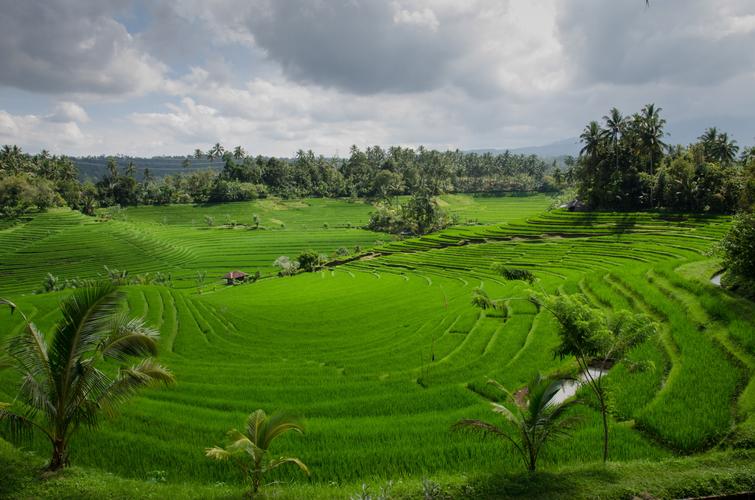Exploring the Richness and Diversity of African Culture and Traditions
Africa is a continent with over 54 countries, rich in history, culture, and traditions. It is a vast land of diverse languages, religions, and customs that has fascinated people from around the world. African culture is not homogenous, as many people think. Instead, it is diverse and incredibly rich, with many differences that lie within each country and community. In this article, we will explore the richness and diversity of African culture and traditions.
A Multicultural Continent With Rich Traditions
Africa’s culture varies depending on the country, region, and ethnic group. West Africa is known for its vibrant music, dance, and colorful clothing. The indigenous crafts in the region are equally exquisite. The north region has a more Arabic influence, seen in their dress and religious celebrations. At the same time, the East African region has a distinct culture, encapsulating Swahili, Maasai, and Borana people. Southern Africa has many ethnic groups, each having their unique cultures, including the Zulu, Xhosa, and Ndebele cultures.
One of the most significant events in Africa is the naming ceremony. In most African cultures, the name given to a child is essential and carries significant meaning. The name is said to be a prophecy of what a child will become. Other highly valued African rituals include wedding ceremonies, which vary depending on the region. These ceremonies are equally colorful, with each region having its unique customs and traditional clothing.
The Role of Storytelling in African Culture
African culture has a rich tradition of storytelling, with folklore passed down for generations. Storytelling plays a crucial role in preserving the history, culture, and traditions of African people. These stories highlight moral and ethical values, teach people about their ancestors, and provide entertainment.
One of the most famous African folktales is the Anansi folktales. These tales were first told by the Ashanti people of Ghana, and they have since spread throughout West Africa and the Caribbean. Anansi is a mischievous spider that is always getting into trouble but uses his wit to get out of it. These tales teach the importance of cunning and wit, and were often used to pass down ethical values from one generation to the next.
Celebrating African Festivals and Holidays
African festivals and holidays are a time to celebrate and honor traditions. One of the most significant festivals is the New Yam Festival, also known as the Iriji-Mmanwu festival. It is celebrated in Nigeria’s Igbo-speaking region and marks the beginning of the harvest season. The festival is a time to express gratitude for a successful harvest while honoring ancestral spirits. The New Yam Festival consisting of cultural dance, masquerades, and other festivities.
Another well-known festival is the Timkat Festival, celebrated in Ethiopia. Timkat, which means ‘baptism,” is a celebration of Christ’s baptism. It is a colorful festival with decorated processions and is a time to reaffirm one’s faith.
The Influence of African Culture on the World
African culture has influenced the rest of the world in many ways. For instance, African cuisine has become increasingly popular in recent years, with many people incorporating African flavors into their dishes. In music, African rhythms, and melodies have inspired many genres like jazz, blues, and rock and roll.
Additionally, African fashion has also become increasingly popular, with designers incorporating traditional prints and fabrics into their clothing lines. For example, the Kitenge fabric is one of the most widely used fabrics in African clothing, and many designers have used it to create beautiful and stylish outfits.
Conclusion
In conclusion, Africa’s culture is incredibly diverse, rich, and varied. From food to clothing, music, and dance, African culture has had a significant impact on the rest of the world. It is essential to celebrate and honor African traditions, as they have played an integral role in shaping the world into what it is today. Through ceremonies, storytelling, festivals, and other activities, we can continue to preserve and pass down African customs and traditions from generation to generation.
(Note: Do you have knowledge or insights to share? Unlock new opportunities and expand your reach by joining our authors team. Click Registration to join us and share your expertise with our readers.)
Speech tips:
Please note that any statements involving politics will not be approved.
